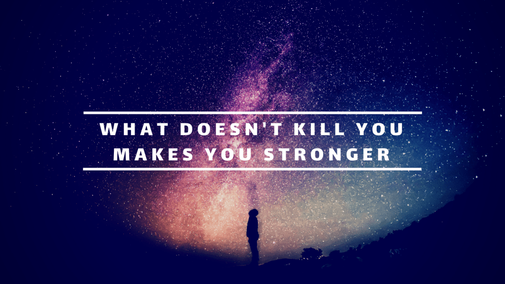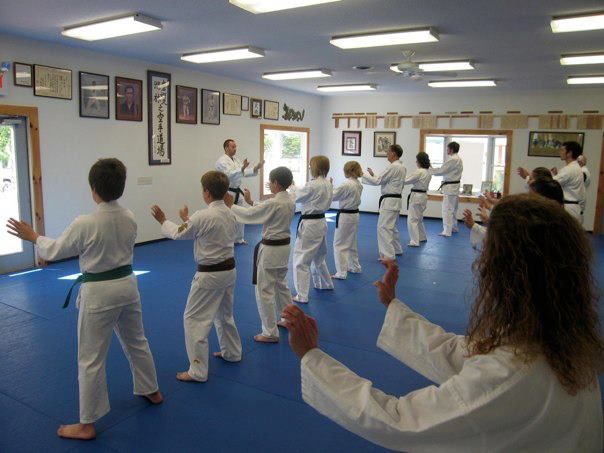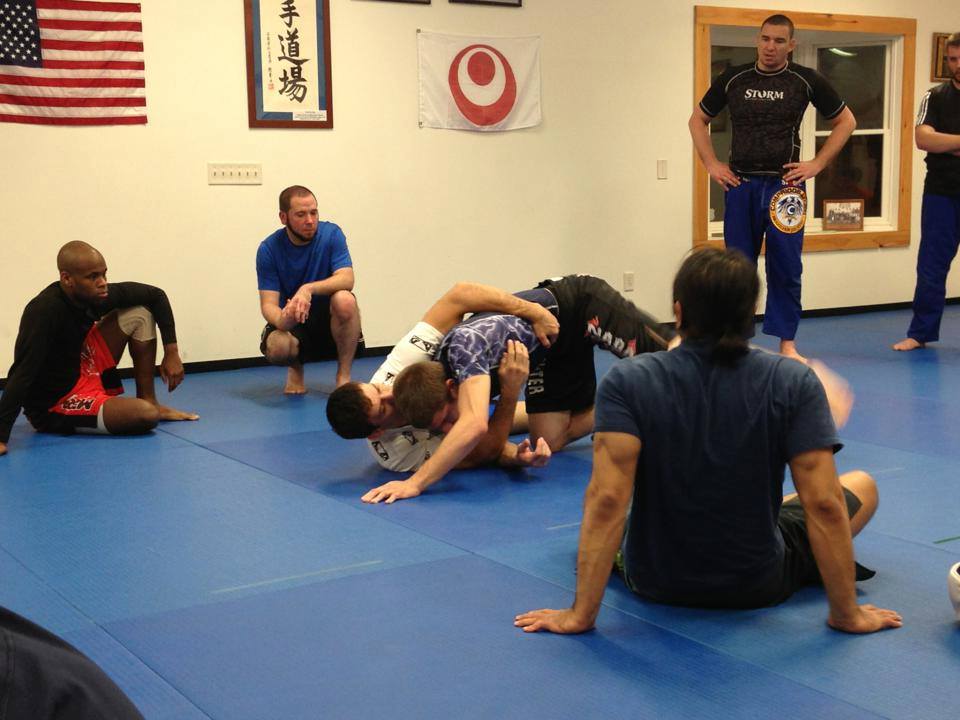
One of the potential consequences of this is a wave of psychological damage both short and long term. Experts are assessing the impact of COVID19 and are noting a variety of effects ranging from anxiety and depression to Post-Traumatic Stress Disorder. In the short term, many people’s priorities have changed with a sense of being forced to exist in a survival mode taking over their thoughts and actions. People have been taken way outside of their ‘comfort zone’ leading to insecurity and stress. With big changes to our normal routines our identity and sense of who we are may be shaken. The combination of isolation and sheer boredom can clearly affect our state of mind in negative ways.
All of this can put us at risk for a variety of negative conducts and consequences such as overeating, substance abuse, episodes of rage, and even destructive behaviors. These can all create a compounding effect that will result in making things worse for ourselves and more difficult to get back to a happy and productive lifestyle.
In order to avoid imploding during these challenging times we must constantly move our thoughts from a negative stream that will trigger the ’fight-or-flight’ response to more positive thinking. Sometimes that means simply shutting down negative thoughts and feelings and calming ourselves. Another technique is to change our stream of thoughts to positive memories, future activities, or even the better aspects of our present situation. Plan some activities, take a class, learn a new language, PLAN A VACATION!
Dr. Shauna Springer of Psychology Today says that, during the pandemic “We must be relentlessly intentional and creative in: 1) Finding ways to be productive in new roles that tap existing strengths, 2) Continually connecting with each other using all modes available to us now, and 3) Doing business that will hold our economy stable through the crisis.”
Keeping busy in this way serves as an important distraction from the negativity of the situation. The feeling of accomplishment in new projects and goals can help us to feel good in challenging times. Physical activity and exercise is especially great in this way AND promotes overall health and happiness. Just the practice of planning our activities helps us to look more forward to a better time. Setting a routine for ourselves and sticking to it also puts more structure in our lives, creating a ‘comfort zone’ in uncomfortable situations.
In the long term, we should try to learn and grow from the challenges life throws at us. Experts refer to this as ‘Adversarial Growth’ or ‘Post Traumatic Growth.’ Most people are familiar with PTSD or Post Traumatic Stress Syndrome, and some situations are so severe that it can be extremely difficult for someone to return to a healthy frame of mind afterwards. However, some situations can be traumatic for us and we will bounce back or even grow from the experience. Some people become MORE motivated to do well or even thrive in spite of the hardships that life has given them. We need to learn to live by the famous quote by Friedrich Nietzsche “What doesn’t kill us, only makes us stronger.”
According to a study at Penn. State, there can be five elements to Adversarial Growth:
¨ Improved relationships with others
¨ Identification of new possibilities in one’s life
¨ Increased personal strength
¨ Elevation in attitude and spirit
¨ Enhanced appreciation of life
These positive changes relate to the development of important qualities of character, such as diligence, generosity, love, purpose, and humility.
For most of us, life is hard. The only way for us to be successful and happy is to keep a positive outlook and continue to fight for our success and happiness. We must learn to turn negatives into positives. Over time, we can actually reprogram our brains to be more optimistic and productive...in spite of hardships. It’s up to us to see the opportunities we do have and make the best of them!




 RSS Feed
RSS Feed